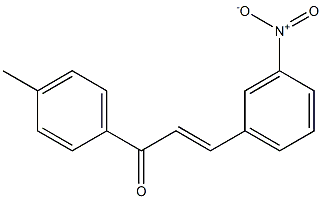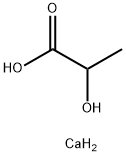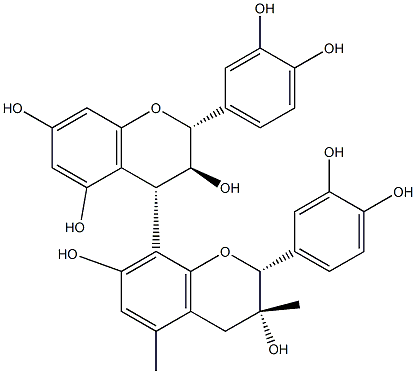aloe vera is an emollient and film-forming gum resin with hydrating, softening, healing, anti-microbial, and anti-inflammatory proper ties. It is most widely recognized for its moisturizing capacity. Aloe vera supplies moisture directly to the skin tissue. other properties include moisture regulation and an apparent ability to absorb uV light. It has a slightly relaxing effect on the skin, making it valuable for sensitive, sunburned, and sun-exposed skins. Aloe vera was popular in traditional medicine to heal burns. It is often used in gels to refresh and calm irritated skin, hence its popularity in sun preparations for cooling and soothing. In addition, it is found to be effective in emulsions formulated for regulating dry skin. There is some indication that aloe vera has a synergistic effect when used in conjunction with other anti-inflammatory substances. Concentrations over 50 percent have been shown to increase the blood supply to the area of application. Although aloe vera’s important constituents are minerals, polysaccharides, amino acids, and carbohydrates, it is about 99.5 percent water. Its benefit in a skin care product depends on the appropriate concentration, as different concentrations result in different benefits and end products. An almost odorless and nearly colorless extract, it is derived from the sap of the aloe leaf. It is used in cosmetics in a gel form (also referred to as an extract) or in a diluted version referred to as aloe vera juice.





